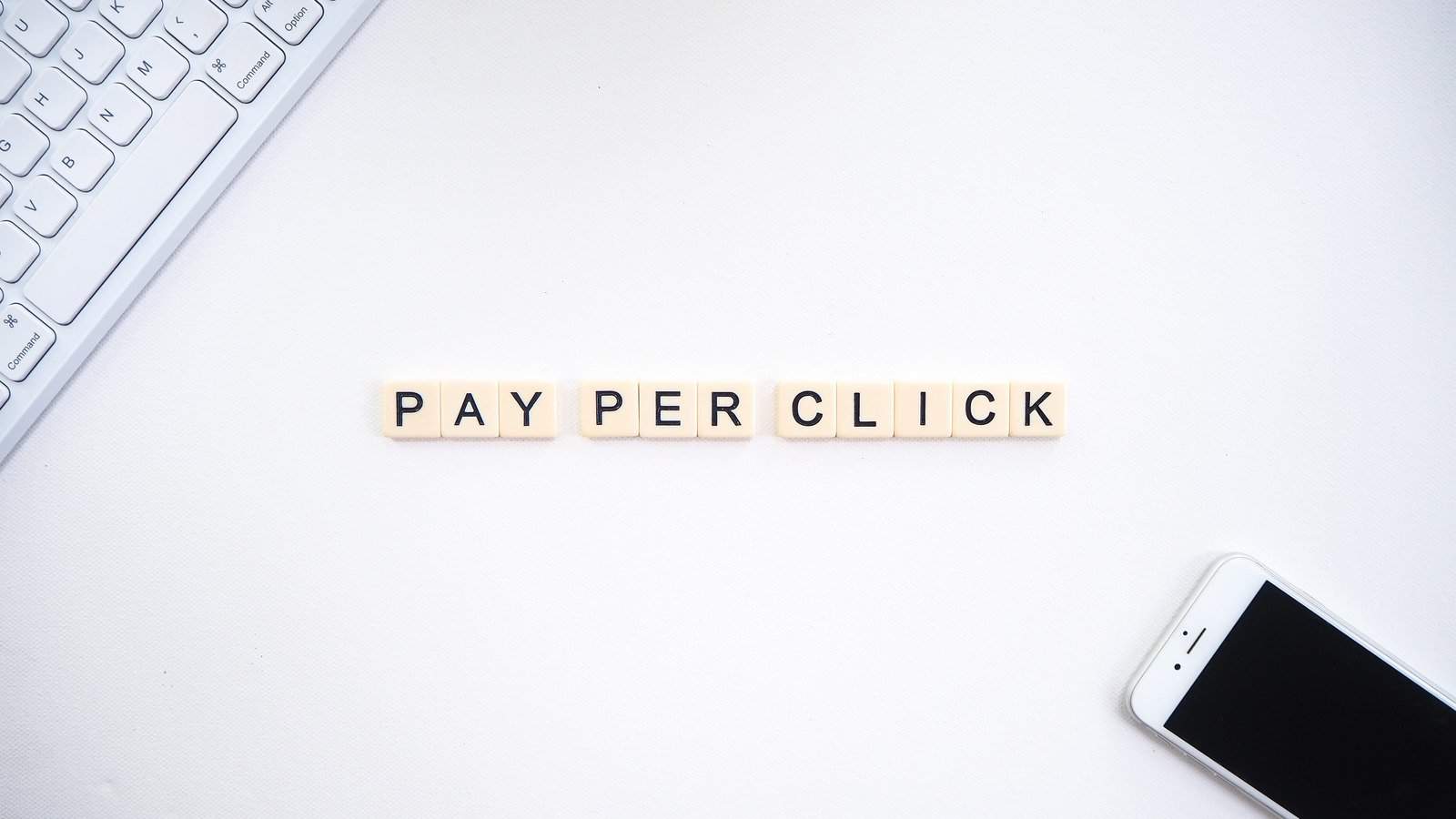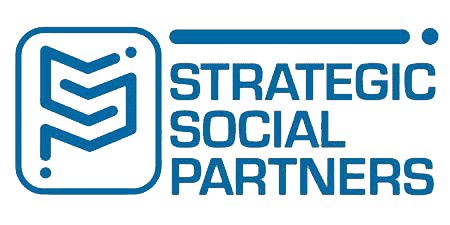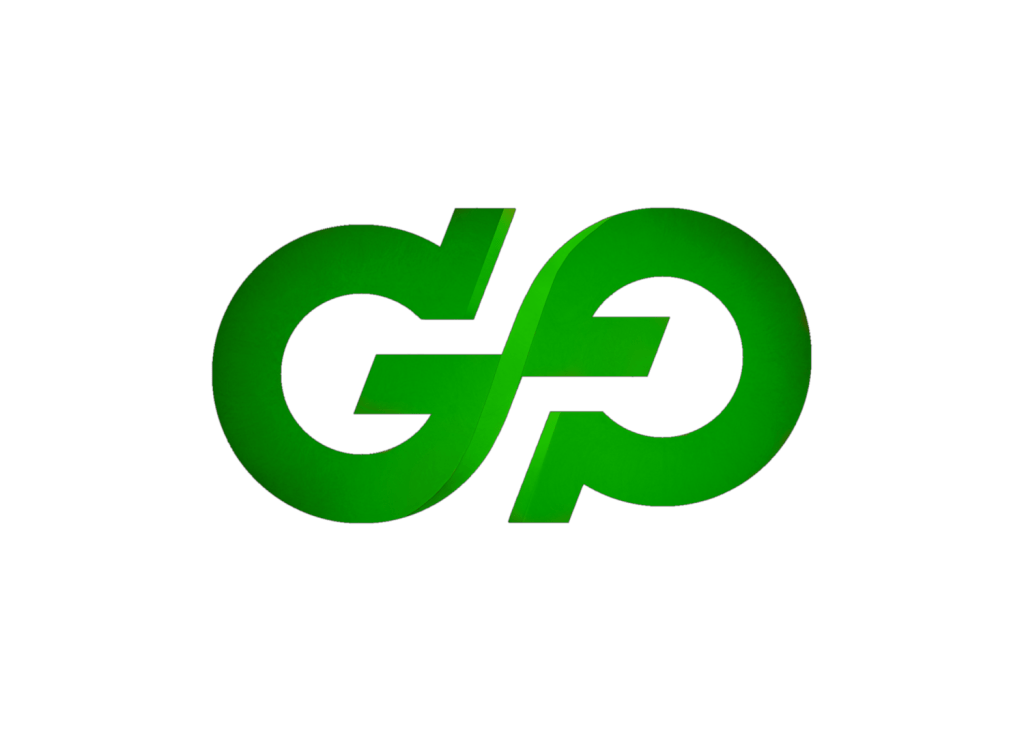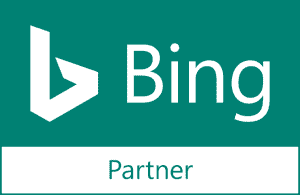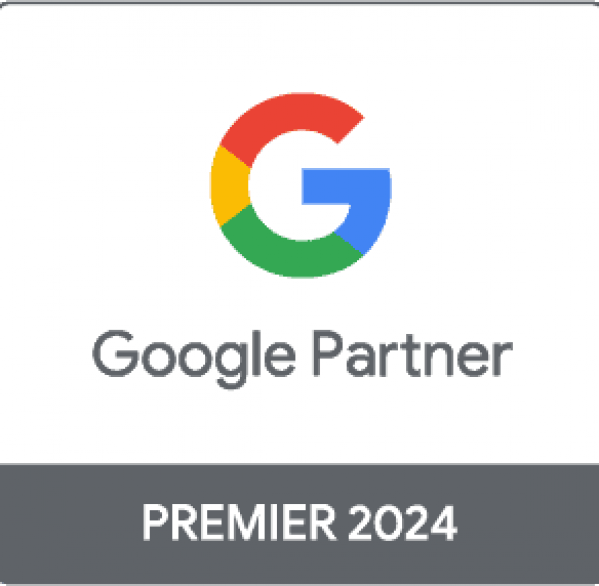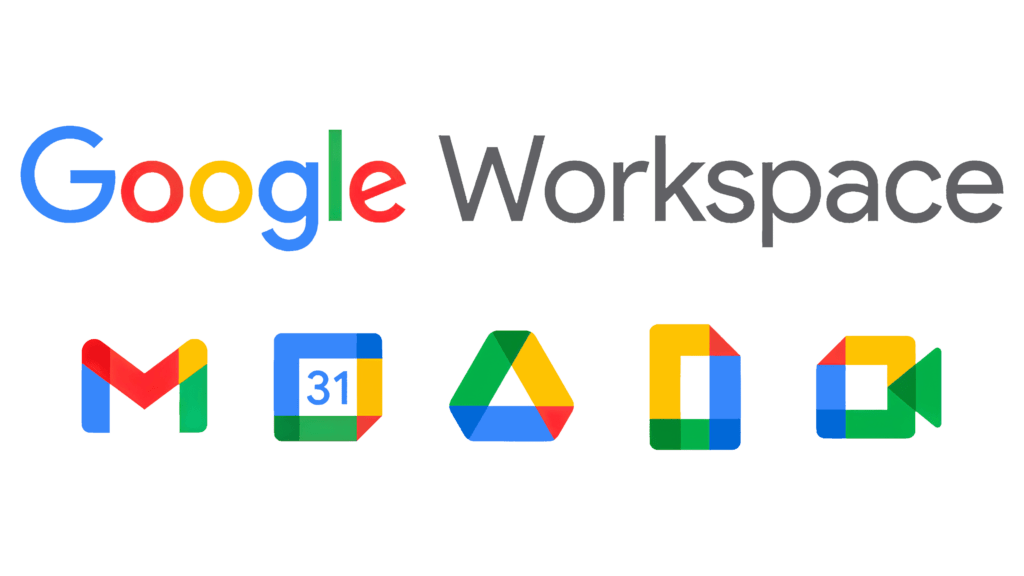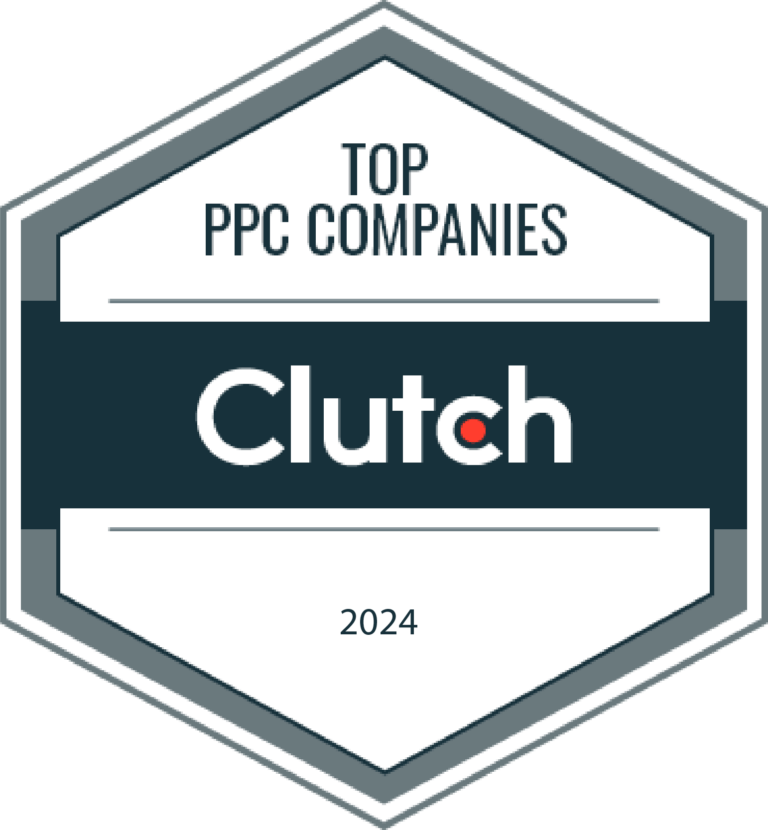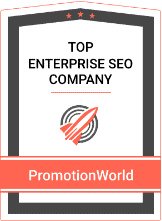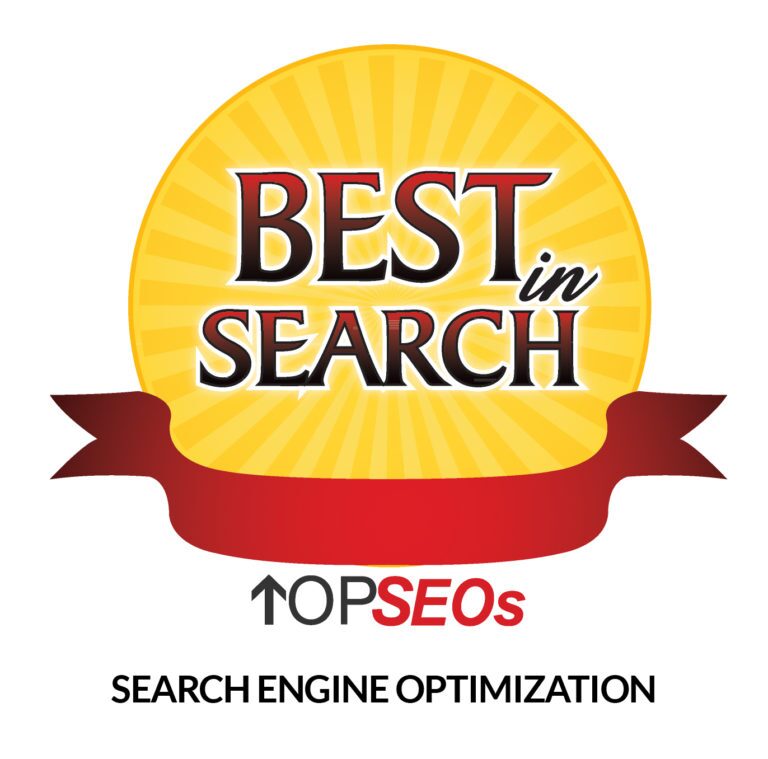Over the last decade, Google Ads has changed and evolved more times than we can even count. Many businesses recognize the importance of utilizing solid PPC management and Google Ads but don’t fully understand how the platform works. This causes delays in the learning process that lead to missed conversions and brand-building opportunities.
With the number of individuals researching products and services on Google growing every second, it is vital to give your account the best tools for success starting on day one. Arcane Marketing is not new to the PPC Management game with Google Ads. In fact, we have individuals with over 10 years experience in Google Ads management. That’s a lot! We have many years of experience working with a variety of businesses of all different types. Through our journey, we’ve identified the top 7 most common mistakes businesses have been making (when they ask for help with their Google Ads account) when setting up their Google Ads account, or having it properly and appropriately managed. Added to this are the best ways to correct these errors to ensure your account is working as efficiently as possible from day one.
Take note that the list below is not all-inclusive. But these common issues cause many of your campaigns to not perform nearly as well as they could. Keep in mind that many of these mistakes are caused not just by clients themselves, but often by other digital marketing agencies.
This is a little mind-blowing hint: don’t be one of these guys. Pay attention to the list below.
1) Not Using Ad Groups Properly
Not utilizing ad groups is the main mistake we see businesses make when setting up a Google Ads account. This failure to segment their keywords and campaigns leads to excessively broad targeting. For example, a brand like Nike offers a plethora of footwear types. Each has various styles, uses, and pricing. Grouping all of these products into a single “footwear” campaign would remove the option of reaching specific audiences with unique ad copy and targeting. This forces the business to use bland, generic ads like “Buy Nike Footwear” instead of more relevant headlines like “Shop Nike Soccer Cleats” or “Shop Top Sneakers From Nike.”
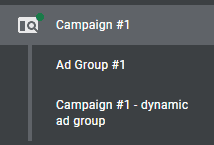
Recommendation:
It’s best to visualize your PPC management campaigns and the associated ad groups so that you can better understand how you want to organize your keyword research. A common practice is to map out your account and campaigns on a piece of paper or in a Google sheet beforehand. This allows you to better see which campaigns and ad groups are closely related so that you can group your keywords accordingly. We suggest using no more than 15 keywords in each ad group. This ensures your targeting will remain focused and relevant to the intended audiences on any search engine.
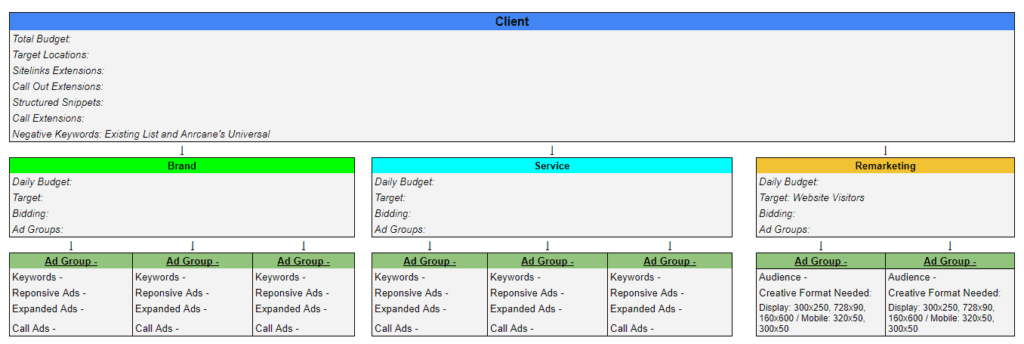
2) Not Using Correct Keyword Match-types
Keywords are the lifeblood of any PPC Google Ads campaign. Because of this, it is crucial for the account to use proper match types so the budget isn’t being spent on irrelevant impressions or clicks. However, without proper match-types, the platform that Google uses to identify users with a high likelihood of becoming customers to your business can become overly enthusiastic. This causes the account to target search terms that have nothing to do with your business or the products or services you offer; it will inevitably lower your rankings and quality score.

Recommendation:
Use Exact Match when you first launch your campaigns. Once you are confident that Google AI understands what type of user best fits your business’s customer persona, you can gradually expand to Phrase Match. We typically avoid Broad Match unless there is strong evidence indicating the need for a wider approach to our targeting. Keep in mind that you need either a few weeks (6-12 depending on your budget) or 100 conversions before you know if you have enough data to make the change.

3) Not Using Negative Keywords
In addition to neglected match types, negative keywords- which help keep your ads from being shown on irrelevant searches – are often underused. For example, if your business sold bicycles, you may want to show on search terms like “cycle shop near me” and not “motorcycle shop near me.” Adding negative keywords signals to Google that you should be removed from searches with those terms.
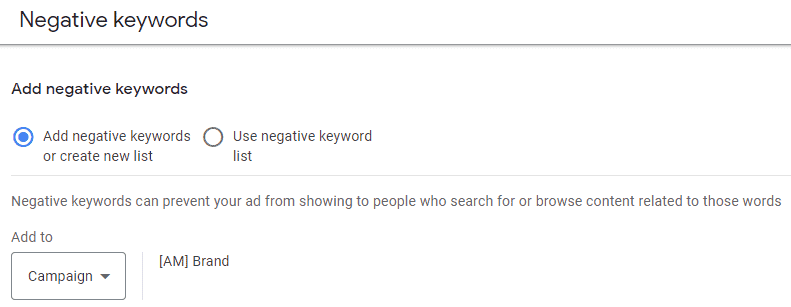
Recommendation:
Use lots of negative keyword research. We typically have a few hundred negative target keywords on any given PPC campaign we run. Related to the example mentioned, you would add negative keywords like motorcycle, motorbike, moped, or Vespa to ensure your ads skip similar, but irrelevant searches. If you are unsure what keyword ideas to use, run a search terms report. This will show you exactly what terms are triggering your ads and help you identify and search terms or specific keywords you may want to avoid.
4) Poorly Written Copy In Ads & Landing Pages
For an ad to be effective, you need to incorporate engaging and relevant ad copy. Much of your ad’s ranking will come from the relevancy of the keywords, copy, and overall usefulness of the copy included in the body of the ad and on the landing page.
Recommendation:
Be sure you are incorporating your targeted keywords into the copy being used in the ads and on the landing page. Speak to the needs someone searching those terms would have. Utilize a keyword research tool to analyze what related words to use. Answer frequently asked questions, elaborate on an individual subject, and include aspects that will add to the overall relevancy of your ad and landing page. Simply giving users a form with no relevant or useful content will lead to high bounce rates and a poor landing page experience; it will damage your ranking, quality score, and click-through rate.
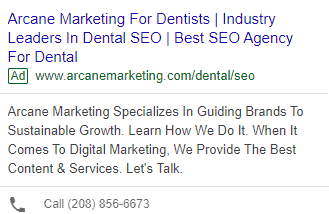
5) Not Bidding Your Own Brand Terms
Many businesses think “I already rank for my brand. I don’t need to advertise for it.” It’s still crucial to rank number one for your branded terms in both organic AND paid searches. Utilizing both channels will improve the amount of clicks you receive and the cost for your own brand terms will be very low. Bidding on your brand also prevents any competition from sliding any ads above your organic results. Consider that when you have multiple listings of your website for any given search term, you don’t just double or triple your chances of getting a click, rather it’s more like 10x-12x the chance. Bidding on your own brand helps with a couple of different aspects:
- It’s easier to maintain and keep your top rankings for your name. You should ALWAYS be able to out bid and out rank any competitor for your own name.
- You dramatically (exponentially) increase the chances of getting a click when you are listed multiple times on the same search result result
- It’s typically going to be an inexpensive way to not let your competitors try to steal your traffic who is arguably looking for you.
Recommendation:
Make sure you are ranking #1 for your brand terms so that you don’t lose valuable clicks to your competition. Simply put, if you don’t bid on your brand, your competitors will. Owning the #1 ad and organic spaces will maximize the amount of space your brand occupies on the results page, increasing your click-through rate and decreasing your average cost per click.
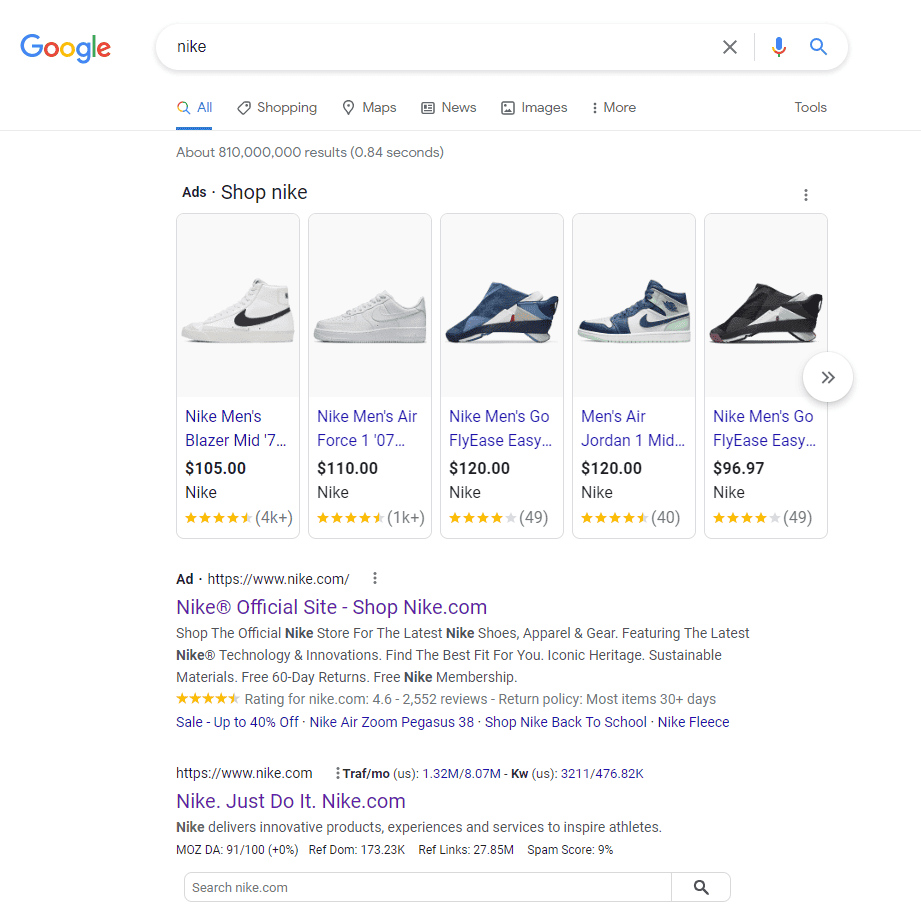
6) Not Knowing Who You’re Competing Against
Another mistake is not knowing who your competition is or what types of ads they’re using. Reviewing your competition’s ad style, copy, and set-up can provide you with extremely helpful insights. You should put yourself in your audience’s shoes and think “which ad would I click?” This approach will help you create better PPC ad and more engaging copy.
Tip: It’s important to review your competition, but it is good etiquette to avoid clicking any ads as that would make competitors pay for them.
Recommendation:
Review your competition’s ad copy on their website and landing pages. See if there are any gaps between your content and theirs. Try to identify keywords that they’re bidding on that you might be missing. There are countless resources that can help you conduct in-depth competitor research. (UbberSuggest, iSpionage, and SEMRush are just a few).

7) Not Directing Visitors to the Appropriate Pages
One of the biggest mistakes we see is businesses sending users to irrelevant landing pages. Google’s first priority is always user relevance. If you’re advertising one product on search engines but sending users to less relevant pages, such as a home page instead of a product page, your ad’s ranking and overall quality score will drop. Account metrics will quickly diminish.
Recommendation:
Send users to relevant landing pages. Ensure your landing pages contain relevant content that matches the PPC ads they’ve clicked. Organize your ad groups so that products, themes, or terms are related to each other. This will improve the user’s experience, improving your ad rank and quality score.

Bonus! Not Using Ad Extensions
Google Ads offers ad extensions for your listed ads for free. You can quickly and easily create useful extensions at the account level or even for individual ad groups. These extensions improve your ad’s rank and quality thus increases your chances of winning that click.
Recommendation:
Use at least 5 of the 9 available ad extensions on every ad. Every single one, every single time. These extensions give your audiences more information and more reasons to click on your ad. With extensions, you can show site links, phone numbers, ratings, locations, and more. All of these will boost the ranking and quality score your ad receives. Ad extensions are one of the easiest ways to quickly improve account performance and overall satisfaction.

Address Your Pay-Per-Click Management Needs With Arcane’s Marketing Skilled and Experienced Team
Now you have it: seven PPC mistakes and how to quickly and effectively correct them. With our PPC expert advice, you can shorten the learning curve and maximize performance as soon as possible. Check out our other resources to learn more about paid search and the amazing tool PPC advertising is.
For help creating and managing your PPC accounts, our PPC management team can help arrange all your Google and Bing ads to start improving your paid search marketing campaign. We are the best PPC management company (rated by several 3rd party rating companies) and serve clients all across the US. In fact, we have many $ Millions of ad spend dollars under our stewardship. The experience and know-how is there. You can rely on us to handle a pay-per-click PPC campaign well and profitably for your organization.
If you’re ready to talk and want to learn more, click here to contact us.

